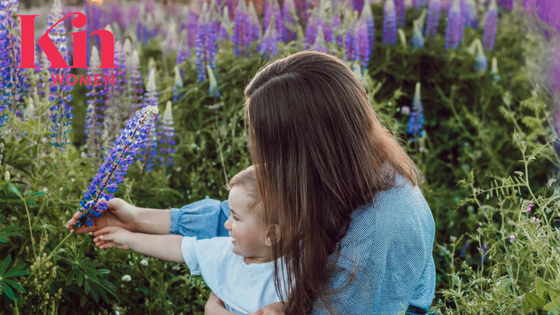“Most of us are trying to live an authentic life. Deep down we want to take off our game face and be real and imperfect.” Brene Brown
“That’s why I love you” she says. “I know I don’t have to pretend. You’ve got spots on your bathroom mirrors and the kid’s toys are hanging around. You’ve got dishes in your sink and there’s always laundry to be folded. Your house is well lived-in and it makes me feel at home.”
I take it with mixed feelings. I know I should feel pleased, but there is a side of me that feels embarrassed. A shame-filled embarrassment that wants to hide all my flaws, hide the ‘realness’ that my friend finds so comforting.
For although it’s my reality, it’s not the image I want to portray. It’s not the kind of person I want to be. Authentic and sincere – yes, but messy and disorganised (for that’s what I think she’s really saying) – no.
For what is an image? It is a picture or representation, an impression or an idea or perhaps a carefully crafted presentation. It’s what we desire or imagine. It is not the real thing.
The ‘real thing’ is what is actual, tangible, authentic, genuine and true. It is not what appears to be, but what actually is.
Philosopher Charles Taylor argues that we live in the ‘age of authenticity’ – a desire to find and be our ‘true selves’. However, we also live in a time of social media and information overload. We consume a diet of carefully crafted stories and advertising, beautiful makeovers, flawless (but no doubt filtered, airbrushed or manipulated) images, and specifically-chosen and well-edited snippets of each other’s lives. We desire authenticity but we are also bombarded by images of perfection on a daily basis.
We are so afraid of being judged or not measuring up. We crave approval. But wouldn’t you agree that the relationships that mean the most and the connections that go the deepest are the ones that are the most honest and the least airbrushed?
I love the idea that was floating around the internet a couple of years ago of the ‘Crappy Dinner Party’. The premise is that you have friends over to dinner without pretence or stress. You feed them what you already have, you don’t go mad tidying your house and you don’t worry about what you look like. The purpose is “about placing priority on what truly matters, and about accepting life — and motherhood — for all of the beautiful, crappy things it throws your way.”
The image you strive to maintain may not be about having a tidy or organised house (you may even find it laughable), but that is just a window into what we are really concerned about. The images we present to the world are often wrapped up in a desire for affirmation of our worth – they are about what we look like, how strong we are, our confidence, intelligence, competence, wisdom, independence, or composure – the way we desire to be seen even when we feel ‘less-than’ in reality.
All of us are flawed and life is messy. Being honest about our limitations and the messiness of our lives is hard. It’s vulnerable. It can be scary and overwhelming. But as we drop the facades that we spend so much time and energy trying to maintain, we can pour our energy into better things. We can focus more on our strengths and we can add more value to our own lives and the lives of others.
What areas of your life do you need to be honest about? Are you exhausted keeping up with the image you’ve created? Where or with whom can you find a safe place to shed some of your image in order to get real about your true limitations and strengths?
It isn’t easy to rip away our facades or the perfect images we strive to uphold. It takes a lot of courage to be real and vulnerable, but I believe it can reap great rewards.
Esther x


